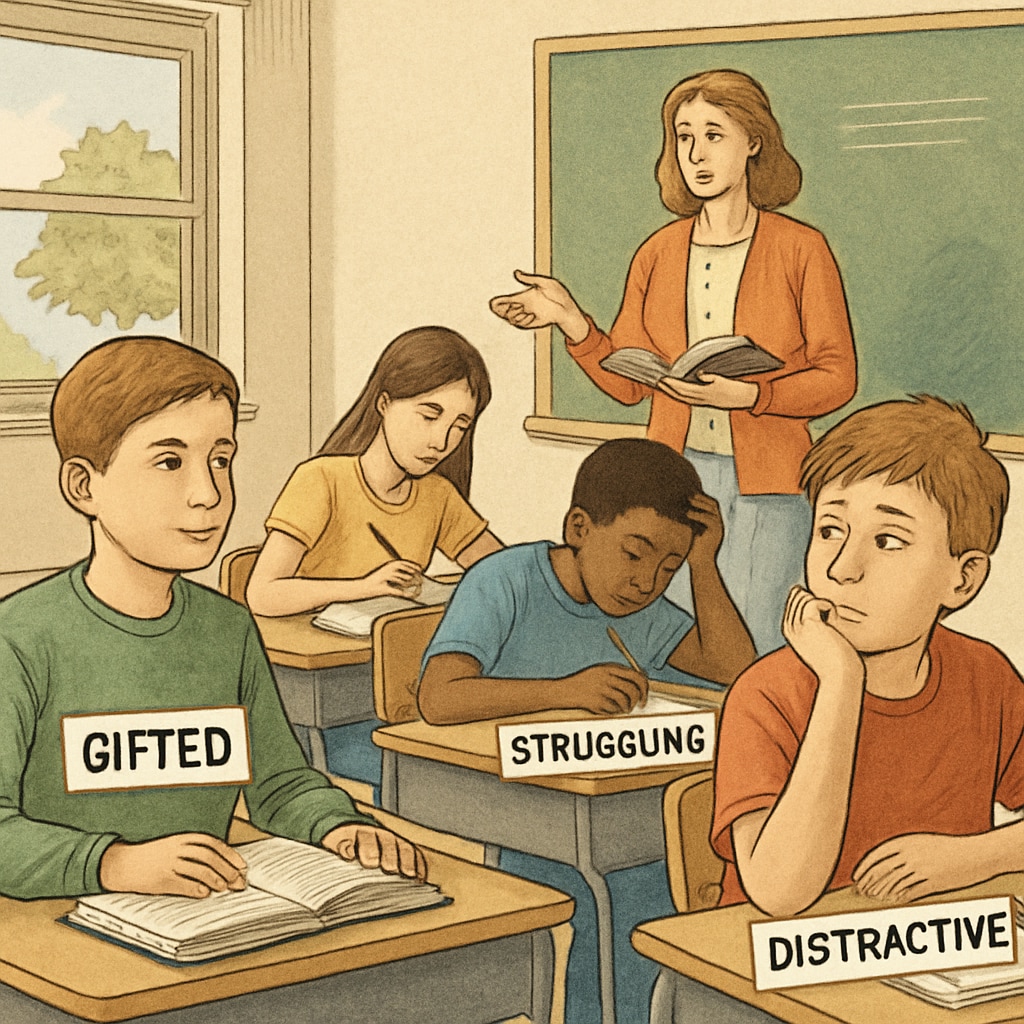In the education system, the use of talent labels often creates undue pressure on students. The notion of “giftedness” elevates expectations for some while indirectly marginalizing others, fostering a harmful environment that stifles growth and potential. This article takes a critical look at the double-edged sword of talent labeling, exploring its consequences and advocating for a shift toward effort-based and inclusive evaluation frameworks.
The Double Burden of Talent Labels
Talent labels are often seen as a way to recognize brilliance and reward students for their unique abilities. However, these labels come with significant drawbacks. For those deemed “gifted,” the pressure to consistently perform at extraordinary levels can lead to burnout, anxiety, and diminished self-worth. On the other hand, students who are not classified as talented often internalize feelings of inadequacy, believing they are inherently less capable. This division creates a hierarchical system where potential is judged prematurely and rigidly.

How Talent Labels Marginalize the Majority
The marginalization of students who do not fit into the “gifted” category is a silent yet pervasive issue. These students often face lowered expectations from educators, peers, and even themselves. As a result, they may miss opportunities for growth and development simply because their potential is not immediately apparent. Studies show that a fixed mindset—where intelligence is considered static—can hinder learning and personal growth (Growth Mindset on Britannica). When educational systems overly focus on innate talent rather than effort and improvement, they inadvertently discourage the majority of students from striving for success.

Rethinking Evaluation: A Growth-Oriented Approach
To mitigate the negative effects of talent labels, educational institutions must adopt a more inclusive and effort-based system. This involves emphasizing the importance of a growth mindset, which encourages students to focus on learning and improvement rather than innate ability. For example, praising effort, resilience, and problem-solving skills can cultivate an environment where all students feel empowered to succeed. The idea that talent is not fixed but can be developed through perseverance has gained traction in educational psychology (Educational Psychology on Wikipedia).
Some practical steps include:
- Reframing success metrics to prioritize progress over perfection.
- Providing equal opportunities for enrichment programs across all proficiency levels.
- Training educators to recognize and nurture diverse forms of potential.
Conclusion: Moving Beyond Labels
The education system’s reliance on talent labels has far-reaching implications for student well-being and development. By shifting toward a growth-focused approach, we can create an environment that values effort, perseverance, and incremental progress. This change not only benefits “gifted” students but also ensures that every learner has the opportunity to realize their full potential. It is time to deconstruct the myth of innate talent and build a more inclusive educational paradigm.
Readability guidance: The article incorporates short paragraphs, uses clear transitions, and balances active voice with concise sentence structures. Lists are used to summarize key points, and images are placed strategically to enhance understanding of the topic.


